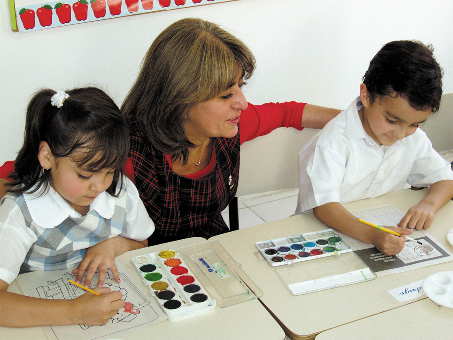History

Intent
The intent of the History curriculum is to develop pupils into informed, empathetic and critical thinkers who understand the complexities of the past and its impact on the present and future for both Britain and the wider World. The curriculum is designed to inspire curiosity and a love for learning about history, while equipping pupils with the skills to analyse and interpret historical evidence. We aim to empower pupils to connect with historical events, figures and contexts in their own lives and present day society with a focus on representing the diverse experiences of the multi-cultural Luton community.
Key aspects of the History curriculum intent include:
1. Critical Thinking and Analysis: The curriculum aims to develop pupils' ability to think critically and analyse historical evidence. This includes understanding how historians study the past and construct accounts, as well as developing the skills to carry out their own historical enquiries
2. Chronological Understanding: Building a secure understanding of chronology is essential. The curriculum is structured to help students make connections over periods of time and develop a chronologically secure knowledge of history
3. Cultural Awareness and Empathy: The curriculum promotes an appreciation of the complexity of people's lives, the diversity of societies, and the relationships between different groups. It encourages students to develop empathy for others and learn from mankind's past mistakes
4. Substantive and Disciplinary Knowledge: The curriculum introduces key substantive concepts such as power, invasion, settlement and migration, empire, civilisation, religion, trade, achievements of humankind, society, and culture. It also emphasizes disciplinary knowledge, helping students understand the methods and approaches used by historians
5. Inclusivity and Equity: Recognizing that learning is a journey with different starting points and ways of learning, the curriculum is designed to be inclusive and equitable. It aims to provide additional or different opportunities to ensure all students can succeed
6. Engagement and Enjoyment: The curriculum seeks to foster a passion for history by creating engaging and enriching learning experiences. This includes the use of enquiry-based learning, where students are encouraged to ask questions and explore historical topics in depth
By integrating these elements, the History curriculum seeks to create well-rounded reflective individuals who recognise how the past influences and impacts on their futures.